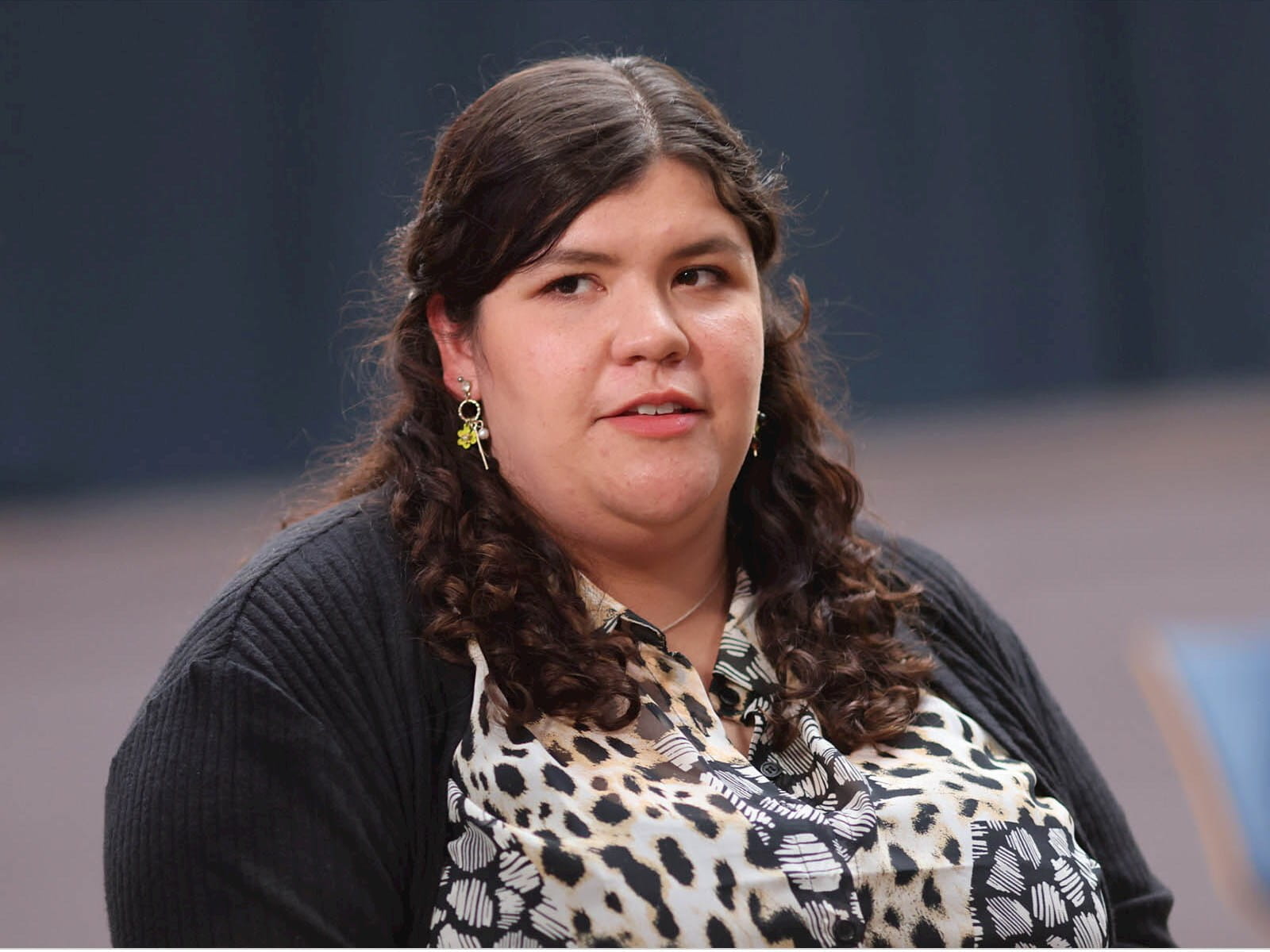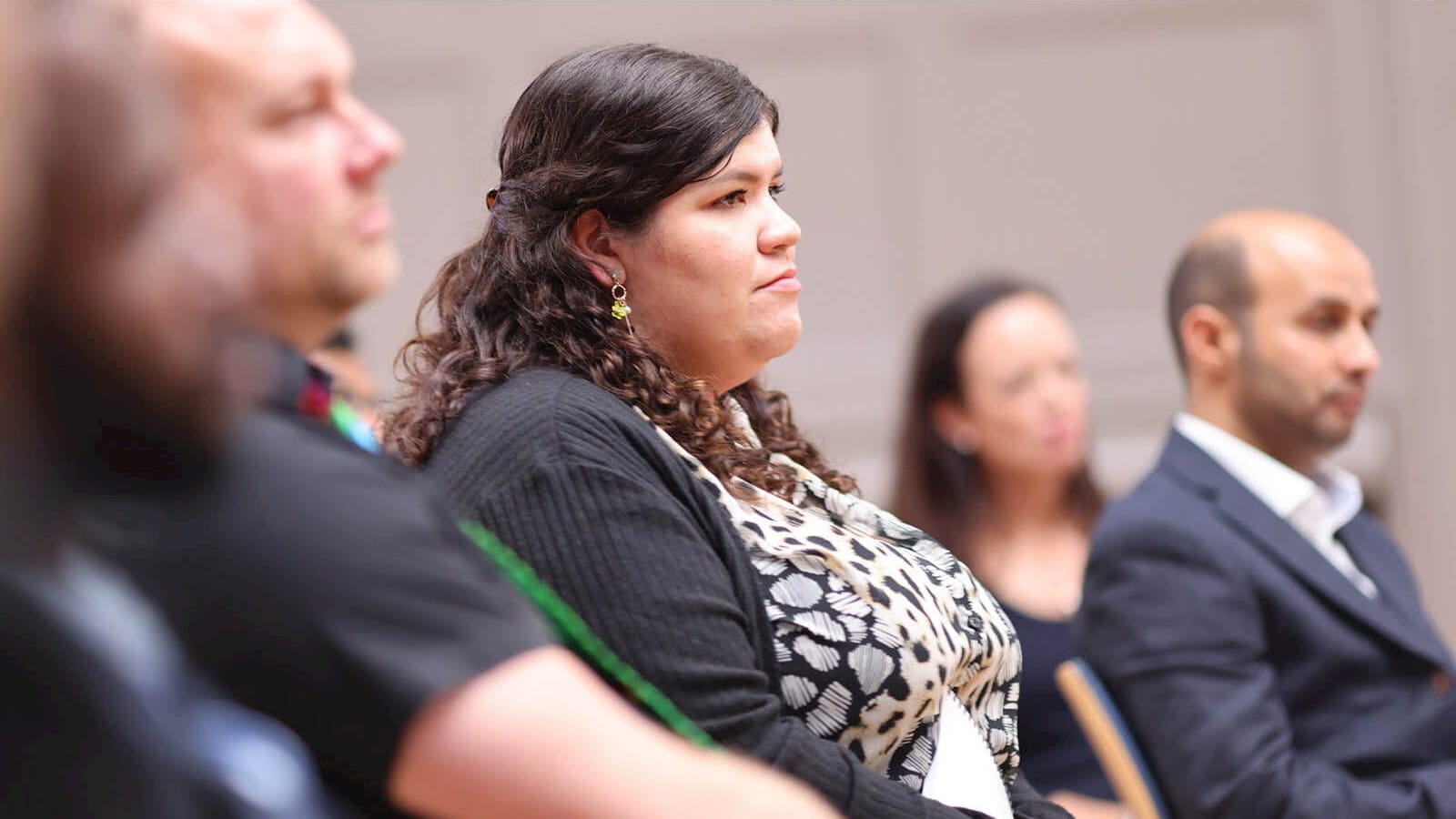Neurodiverse team members can bring unique skills to an organisation. Simple daily actions will support these employees and allow managers to demonstrate allyship, as shown by a winning partnership in easyJet’s finance team.
Australian sociologist Judy Singer coined the term “neurodiversity” in 1998 to describe the human brain’s natural variations in cognitive functions, such as attention, learning and sociability. Current estimates suggest that between 30% and 40% of the UK population is neurodiverse, so it is a topic that employers cannot afford to ignore when thinking through their diversity and inclusion (D&I) strategy.
As with any other underrepresented group in the workplace, creating a culture of inclusion is vital to supporting neurodiverse employees, and a key part of that culture comes from strong “allyship”. An ally in an organisation is someone who supports people from minority groups of which they themselves are not a member.
“Allyship helps people feel welcome and accepted as themselves,” says Holly Younger, Treasury Accountant at airline easyJet. “This in turn helps remove the need to mask their true personalities by demonstrating more socially acceptable behaviours based on a neurotypical culture. Doing this can be physically and emotionally draining, which can directly impact work performance and enjoyment.”
Younger received a diagnosis of attention deficit hyperactivity disorder (ADHD) as an adult, having suffered from depression and anxiety for more than six years. Despite regularly seeking help through her GP and other channels, she did not find that any of the treatment or coping mechanisms were dealing with what triggered those symptoms. This led to her finding a private psychiatrist for an adult ADHD assessment.
This assessment “highlighted how, while I was growing up, I masked many of my ADHD symptoms, or they were overlooked by others as I was a high achiever in school. Getting the diagnosis has given me the toolkit to manage my symptoms so that I no longer trigger my anxiety and depression like before.”
Allyship in action
It was while working in audit and often being on client sites on her own that Younger felt she was battling in her job and personal life. So she moved into a treasury role, which has helped, but it was the diagnosis that had a “transformative impact” on her life. Younger has also felt able to be open about the diagnosis with her employer. “I’m fortunate to have a very supportive manager and workplace, and I’ve also found that even the smallest and most manageable changes to my workday have helped manage my ADHD,” she adds.
Simple things like daily team catch-ups help her to feel motivated for the day ahead, and is an easy way to demonstrate allyship. Because her manager, Paul Robbins, has given her ownership of her tasks, Younger is able to work in the ways she knows are most efficient for her.
“I have fortnightly one-to-ones with Holly where there’s more opportunity to talk openly about how she’s coping with her work and general well-being, what challenges she may be facing and any suggestions she has on improving ways of working,” Robbins says. “Holly maintains ownership of her responsibilities. This means she can work in a way that suits her best, providing her with the opportunity to achieve great results.”
Creating opportunities for team members to talk openly and trusting them to get their jobs done are important steps for line managers to take and also ways to show allyship, Robbins says. “Not all neurodiverse employees will disclose their neurodiversity for fear of discrimination, and there may be some neurodiverse employees who are undiagnosed or unaware of their neurodiversity,” he explains.
These issues may present challenges to line managers eager to demonstrate allyship to neurodiversity but unsure how. Robbins adds: “It’s therefore important that managers talk to employees on a one-on-one basis to understand their needs and what support is needed. Managers can also provide more trust in employees to work in their own way to deliver results rather than being too prescriptive over how things should be done.”

Organisation-wide changes
Managers are also in a great position to communicate the benefits of neurodiversity within their teams more widely across their organisation. “Managers are responsible for providing their current and future employees with opportunities to develop and succeed within their roles and to feel good about the work they do,” Robbins adds. “A lack of understanding by senior management might restrict the opportunities for neurodiverse employees to progress into more senior roles within the organisation.”
Younger adds that managers can show allyship through curiosity and a willingness to learn about neurodiversity and how it affects each individual differently. “This can create a safe space for open conversations with employees to help understand their needs and strengths. Advocating for change or adaptation when needed is also important to help make employees feel valued for their talent and diversity,” she says.
At an organisational level, opportunities should be provided for a wide range of people through an inclusive work ethic and recruitment strategy. “The different ways that neurodiverse people process information may provide organisations with innovative solutions to challenges they face,” Robbins says.
As a company, easyJet has increased its focus on neurodiversity as part of its D&I strategy and, alongside her day job, Younger uses her experience and passion for well-being and inclusion as a member of the company’s “People Action Group” – a cross-functional working group that focuses on HR-related areas of focus. “I get to share my experiences and hopefully help drive beneficial change for others. I’m also a member of easyJet’s Trailblazer community, which works to promote diversity, and helps to communicate and embed inclusion and well-being initiatives across the business,” she says.
Huge benefits
Different organisations are at very different stages in recognising the need to consider neurodiversity, according to Professor Amanda Kirby, CEO of Do-IT Solutions, a neurodiversity consultancy. “Some are starting off raising awareness and others are further along, considering inclusive hiring processes and screening, and supporting their staff who require additional help,” she says.
Companies gain a great deal from employing a neurodiverse workforce, not least different ways to solve problems and coming up with new and better ways to do things, Kirby adds. “They already have neurodivergent team members, but sometimes their voices are not heard, or they’ve been misunderstood. Sometimes we don't see that small changes can result in more people with different ideas having opportunities to progress,” she adds.
For line managers, showing allyship for neurodiverse employees means employing good management principles – open communication, trust and knowledge of team members’ personalities and working styles, for example – and demonstrating empathy and understanding. This enables everyone to feel able to be true to themselves at work. Inclusive cultures like this can be of huge benefit to organisations. “Having a diverse workforce means a more dynamic experience for everyone, where individuals can learn from others while utilising their personal strengths,” Younger concludes.

